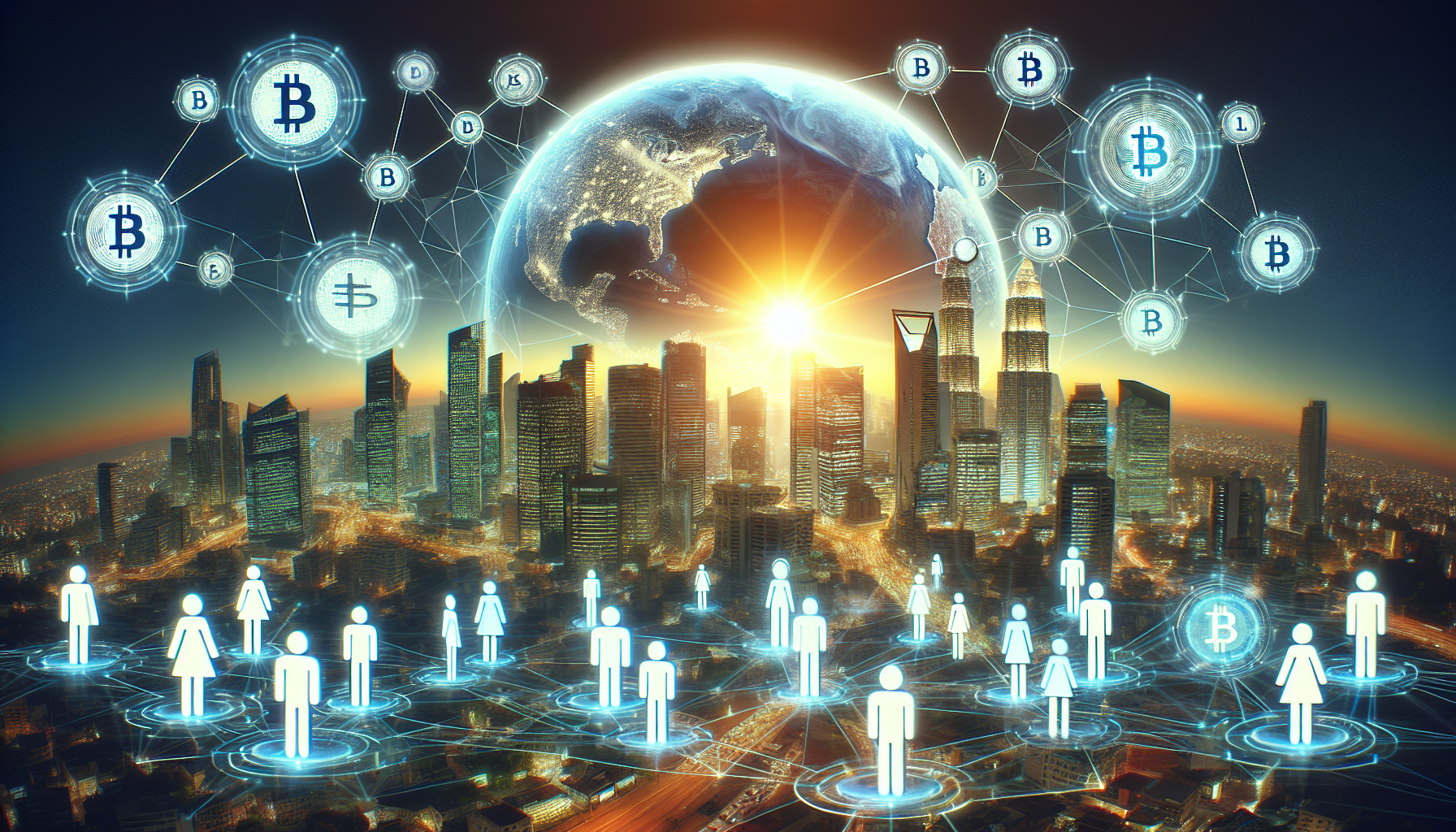
tl;dr
Balaji Srinivasan argues the legacy economy is dying, replaced by internet-driven systems dominated by tech giants and crypto-powered 'network states.' The article explores how the Magnificent Seven's dominance, blockchain innovation, and regulatory shifts are reshaping society—and what it means for...
**The Internet Economy Is Redefining the Future—Here’s How**
Balaji Srinivasan, a former Coinbase executive and author of *The Network State*, has ignited a conversation about a seismic shift in global economies. In a recent X post, he argued that the “legacy economy” is being phased out in favor of an internet-first model, dominated by tech giants and digital platforms. His claim is backed by a stark chart showing the widening gap between the “Magnificent Seven” tech stocks and the rest of the S&P 500.
Since 2005, the S&P 500’s 500 largest companies have seen minimal growth, while the Magnificent Seven—Apple, Microsoft, Amazon, Alphabet (Google’s parent), Meta (formerly Facebook), Nvidia, and Tesla—have surged. This divergence isn’t just a market trend; it’s a signal of a broader transformation. Srinivasan notes that every transaction and communication has moved online since the 2008 financial crisis, but the next frontier is “internet economies, communities, cities, and presidencies.”
The rise of these tech giants isn’t just about stock prices. Srinivasan envisions a future where “network states”—decentralized, online communities—replace traditional nation-states. These digital entities, he argues, will rely on cryptocurrencies as their native currency, marking a shift as profound as the Industrial Revolution’s move from agrarian to manufacturing economies.
But how do we get there? The legacy financial system, slow to adopt new technologies, is being challenged by blockchain and AI. U.S. regulators are now pushing to modernize the financial system, with the SEC and CFTC exploring 24/7 capital markets to align with the round-the-clock nature of crypto. Meanwhile, projects like Pyth Network and Chainlink are publishing government economic data on-chain, blending transparency with innovation.
Srinivasan’s vision isn’t without controversy. Critics argue that network states risk enabling tax evasion or undermining democratic structures. Yet, as the line between digital and physical economies blurs, one thing is clear: the internet isn’t just changing how we buy and sell—it’s redefining the very fabric of society.
What does this mean for you? Are we witnessing the birth of a new era, or a fleeting bubble? The answer may lie in the data—and the decisions of regulators, innovators, and everyday users alike.